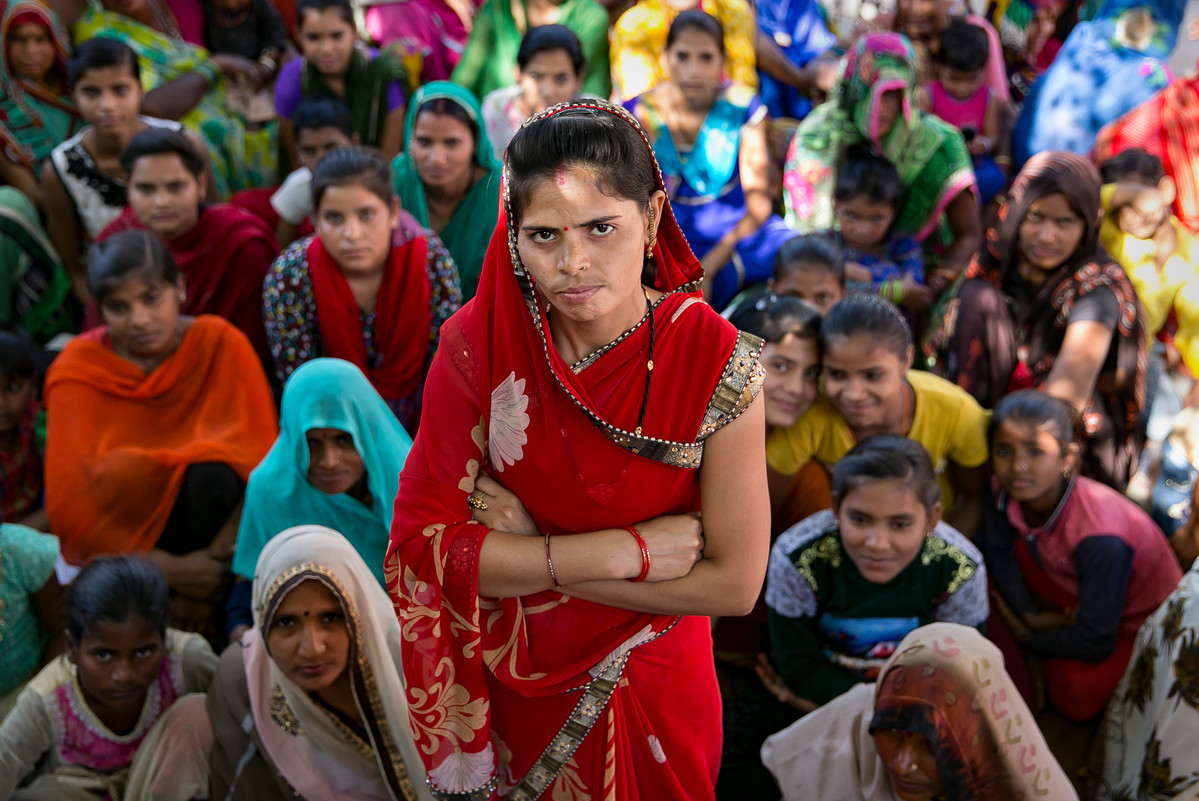This year's World Population Day, which takes place annually on 11 July, calls for global action on the revolutionary commitments made at the 1994 International Conference on Population and Development (ICPD).
What is ICPD and why is it so important?
In 1994, 179 governments met in Cairo to declare a revolutionary act: that women’s reproductive health and rights need to take center stage in national and global development efforts. During the conference, the ICPD Programme of Action was born and hailed as a milestone in women’s rights.
Those gathered at ICPD advocated that sustainable development and gender-equality can only be achieved if women and girls have access to comprehensive sexual and reproductive healthcare. They recognized women’s right to be free, to remain unharmed and to live a life in dignity and safety.
Where are we 25 years later?
Though progress has been made, there are still major gaps in achieving what the ICPD set out to accomplish. We are still falling dangerously short of achieving commitments to progressing the rights of women and girls and gender equality:
- Today, 214 million women are harmed through denial of access to contraceptive care.
- Every day 800 women, girls and adolescents die giving birth, despite many of the causes being preventable.
- Girls as young as nine are being forced through pregnancy that endanger their lives, by governments who value ideology over their human rights and dignity.
- Every year, 25 million women are forced to turn to unsafe abortion methods, even though abortion is one of the safest medical procedures when done in safe and legal conditions.
Opposition and populist governments are on the rise and with this comes an agenda that strips women and girls of their human rights including access to safe abortion and contraceptive care.
What’s next?
In November, governments, health organizations, advocates and activists will gather in Kenya for the Nairobi summit to renew, and further commit to, the call to action made in Cairo 25 years ago.
What is at stake is clear – the lives of millions of women and girls and their right to live a life free from reproductive coercion and gender inequality.
Until women and girls are recognized, respected and empowered as the architects of their own lives, and until all young people have access to the information and education they need to build healthy relationships, make informed choices, and protect themselves, we will still be falling short of our commitments another 25 years on.
If we don’t act now and make international, national and local commitments – including financial commitments – women and girls will continue to suffer economic and social inequality and violence.
IPPF delivered 223.2 million sexual and reproductive health services in 2018, an increase of seven per cent from 2017; many of these services were delivered in rural and peri‑urban areas, locations where there are no other healthcare providers. An estimated 57.0 million or 84 percent of all IPPF service users in 2018 were women and girls. Learn more about our global work.
when








